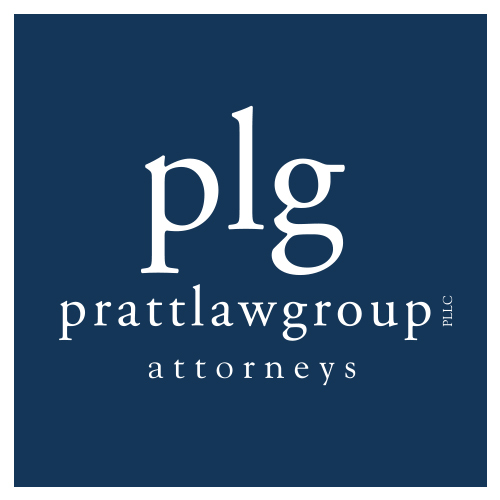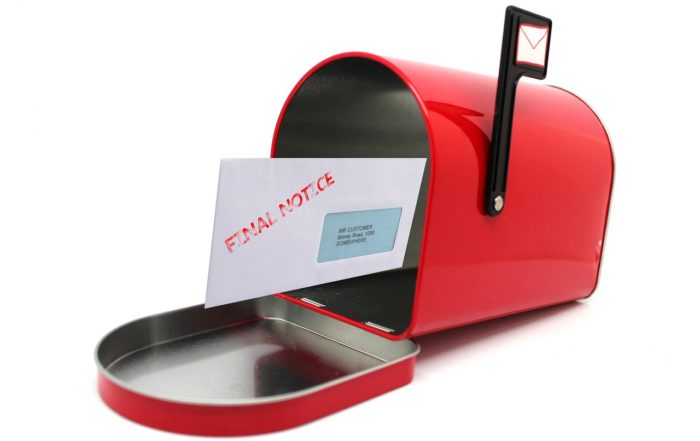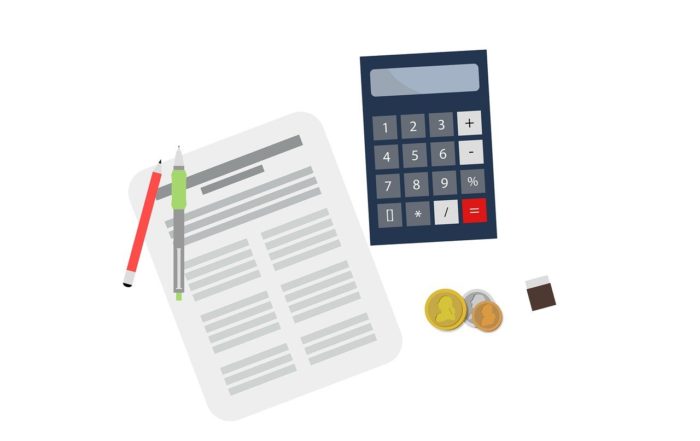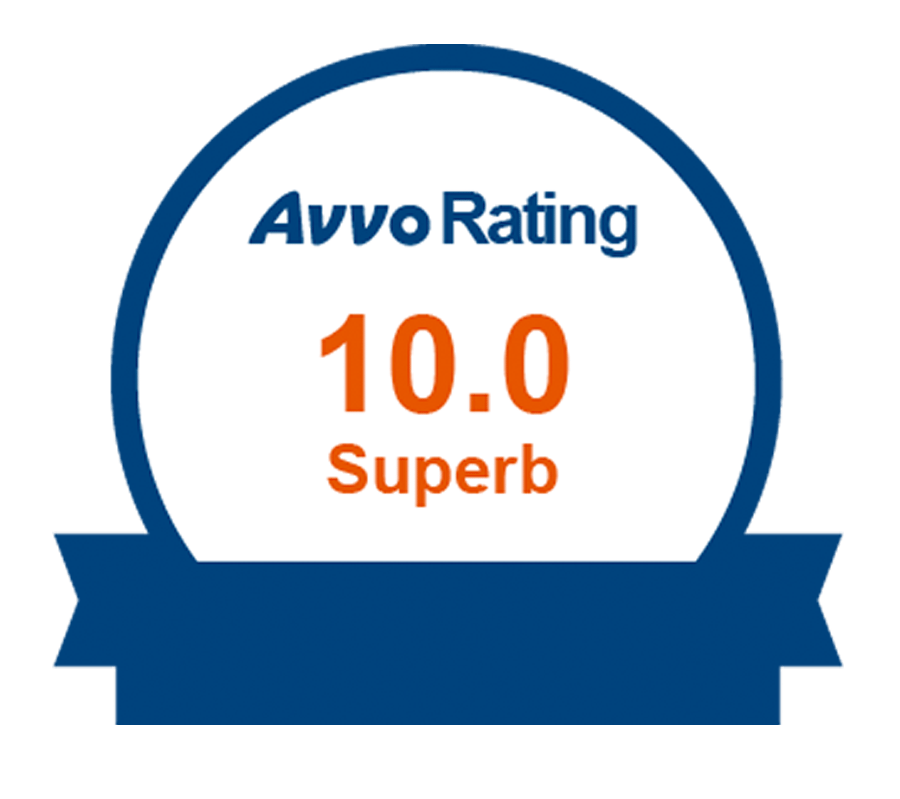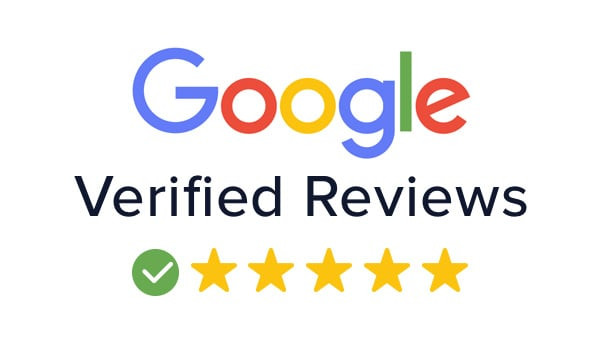Take Time To Review Your Accounts After The Death Of A Family Member
Primary and Secondary Will or Trust Beneficiaries Help Protect Your Assets and Property
When planning out your estate, you want to review how accounts are owned. The importance of this is to avoid the tedious and expensive court process known as probate. Accounts with no designated beneficiaries will go through this arduous process. If you want to avoid this, you need to look over your accounts and who you’ve tapped as a beneficiary to ensure your plan is still relevant.
Why It’s Necessary To Name Primary and Secondary Beneficiaries
Upon your death, any beneficiary-named account, including retirement accounts, life insurance policies, annuities, etc., will be dispersed to those you listed. This ensures these accounts do not go through probate court. However, if you list a single beneficiary and they die before you, the account is distributed based on the policy’s default rules or to the secondary beneficiaries.
An account’s default rules could distribute the account to your spouse and heirs or the estate, which forces your family to start the probate process.
Some accounts permit the naming of a beneficiary either by way of pay-on-death designation (cash accounts) or transfer-on-death registration (stock, brokerage and investment accounts). With these types of beneficiary designation, you keep the ownership but still ensure the accounts are transferrable upon your death to your named beneficiary (without the need of a probate process).
Make sure to know what accounts have these kinds of beneficiary designations. If your named beneficiary on your pay-on-death or transfer-on-death account dies before you and there is no secondary beneficiary, your account will go into probate. You can rectify that by updating your designations.
Avoiding probate means adding another person to the account or property title, making it mutually owned with survivorship rights. When the first owner dies, the surviving owner will spontaneously become the account or property owner without the need for probate.
Regularly Review Your Accounts and Property To Ensure Information Is Up-To-Date
If this method is what you’re relying on and the co-owner has died, you need to make updates. You will have to appoint another co-owner so your family can avoid probate court in the event you die. This also applies to any joint accounts or property with your spouse. If they die before you, you become the only owner and need to make other plans for them to evade probate court.
If you have a revocable living trust with your estate plan, be sure the ownership of these accounts and property (with a couple of concessions) reverts to the RLT. Check over these accounts and property to ensure the RLT is the owner of them.
Should a loved one leave you an inheritance, you will need to add them to your own estate plan. You may have to adjust your current estate plan or include another planning tool like a special trust. Make sure to name the beneficiary for the account as soon as possible.
Have You Started An Estate Plan?
If you have started an estate plan or have learned of new accounts, you need to include them in your estate plan. This is the moment to take action. No plan means the court will decide what happens to your estate. It will decide:
- Who gets money and property when you die
- The amount of money each person will get
- When they will be allowed to attain the money and property (adults will probably get their while amount immediately)
We Can Help You
We are a team of knowledgeable lawyers that will analyze your property or accounts to protect you and your family.
Set up an in-person or virtual consultation today by calling 972-712-1515 or 888-517-4575. We will go through your different accounts and owned property and let you know what may happen to them upon your death. We’ll also set it up, so your legacy leaves a mark.
Why Singles Should Worry about Estate Planning
Why Singles Should Worry about Estate Plannings -What To Know Several Reasons Single People Still Need To Be Concerned With Estate Planning When you’re putting together an estate plan, you often choose your spouse ...
Warning: Don’t Let Creditors Inherit from You or Your Spouse
Don't Let Creditors Steal From Your Loved Ones - What To Know How To Ensure Your Spouse Receives Your Retirement Accounts and Not Creditors In most cases, spouses will inherit any of your ...
Can a Beneficiary Also Be a Trustee of a Trust?
Can a Beneficiary Also Be a Trustee of a Trust? -What To Know Many people, creating a revocable living trust, designate their children as the beneficiaries. But, they need to choose a person ...
